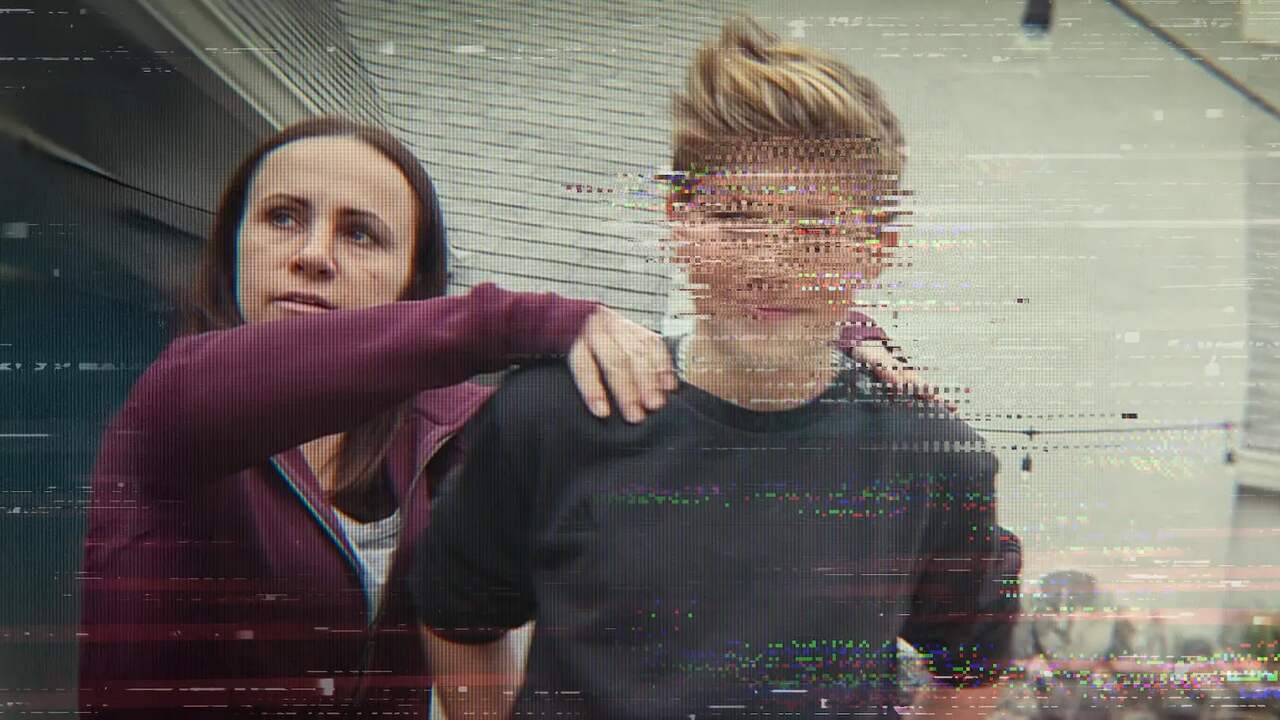
Netflix’s Bad Influence: The Dark Side of Kidfluencing doesn’t tiptoe around controversy—it charges straight into the glittery chaos of the influencer world and refuses to look away. In a space where ring lights are bright and boundaries are blurry, this three-episode docuseries tells a story that’s equal parts jaw-dropping and soul-searching. It focuses primarily on the online empire built around Piper Rockelle, a teen YouTuber who became a household name among tweens and teens by the time most kids were still mastering long division.
At first glance, Piper’s world looks like a dream playground: pastel outfits, pool parties, challenge videos, staged teen romance, and an ever-rotating group of energetic peers known as "The Squad." But peel back the curated chaos and you'll find a far murkier tale. The series interviews former members of this tightly controlled group who describe a reality that didn’t match the glossy thumbnails. Behind-the-scenes footage and raw, sometimes emotional interviews reveal alleged manipulation, psychological pressure, and experiences that no child should have to endure for the sake of content.
Central to the story is Tiffany Smith—Piper’s mother, manager, and the mastermind behind the brand. As the series unfolds, Tiffany emerges as a complicated figure: ambitious, protective, and, according to the testimonies, controlling to an extreme. Former Squad members describe her as emotionally volatile, alleging that she used fear and favoritism to maintain order and obedience. The docuseries presents these allegations without dramatic flair, letting the quiet tension in the interviews do the heavy lifting.
The creators of the show make the smart choice of stepping back and letting the former influencers and their families narrate their own stories. Some of the most uncomfortable revelations come not from screaming headlines, but from calm, matter-of-fact reflections by now-older teenagers trying to make sense of their childhoods spent under studio lights and in front of millions of strangers online.
The lawsuit filed against Tiffany by 11 former Squad members serves as a narrative pivot, signaling a shift from personal anecdotes to broader legal and ethical questions. The case raised concerns about child labor laws in the influencer industry—an industry that, unlike Hollywood, doesn’t require permits, schooling, or limits on working hours. When your home is your set and your mom is your manager, the lines between parent, boss, and director blur dangerously.
What the show does well—exceptionally well, in fact—is frame all of this not just as Piper’s story, but as a cultural moment. The rise of kidfluencers isn’t just about one girl and her squad; it’s about how a whole generation of children is growing up with cameras on, likes as currency, and the pressure to entertain. It taps into a larger conversation about how childhood has been transformed in the digital age, and what it means when children become both the product and the producer.
That said, the series isn’t flawless. The pacing stumbles midway, especially in the second episode, which feels like it’s circling familiar ground a few too many times. With some tighter editing and slightly more varied perspectives, the story could have carried more momentum. Also, the absence of Piper and Tiffany’s voices leaves a noticeable gap. Their refusal to participate is acknowledged, but it still limits the complexity of the narrative. Without hearing their side, viewers are left to interpret the allegations without a direct counterpoint—which may be justified but slightly narrows the lens.
Despite these limitations, Bad Influence doesn’t lose its grip. Its strength lies in its restraint—there’s no overproduced drama, no moralizing voiceover, and no desperate attempt to be edgy. The tone mirrors the subject: unsettling, subdued, and very real. The aesthetic is clean and unobtrusive, with a focus on raw testimony rather than flashy editing. The emotional weight isn’t imposed—it accumulates naturally as the series moves from wide-eyed beginnings to more sobering reflections.
It’s not a horror story, but it is a cautionary one. And unlike many internet exposés, this one feels grounded. There are no villains in capes, just people who got swept up in a system that rewards visibility over well-being. Watching these now-older teenagers recount their experiences is both sad and revealing; they weren’t looking to be famous—they just wanted to belong, to be liked, to make people laugh. Somewhere along the line, that innocent desire turned into a demanding business.
In the end, Bad Influence: The Dark Side of Kidfluencing delivers what all good documentaries aim for: it informs, it unsettles, and it makes you think twice. Whether you're a parent, a content consumer, or someone who’s ever scrolled past a “crush prank” on YouTube, this series forces you to reconsider the price of entertainment—especially when children are the ones paying it.
Final Score- [9/10]
Reviewed by - Anjali Sharma
Follow @AnjaliS54769166 on Twitter
Publisher at Midgard Times
Hi Everyone, after a due consideration, we have decided that we will be open for donations to help us in managing our website. We will be greatful for any kind of amount we receive. Thanks!
— Midgard Times 🎬 (@Moviesr_net) January 4, 2026
PayPal- [email protected] pic.twitter.com/DlNNz5Npm5
Get all latest content delivered to your email a few times a month.
Bringing Pop Culture News from Every Realm, Get All the Latest Movie, TV News, Reviews & Trailers
Got Any questions? Drop an email to [email protected]